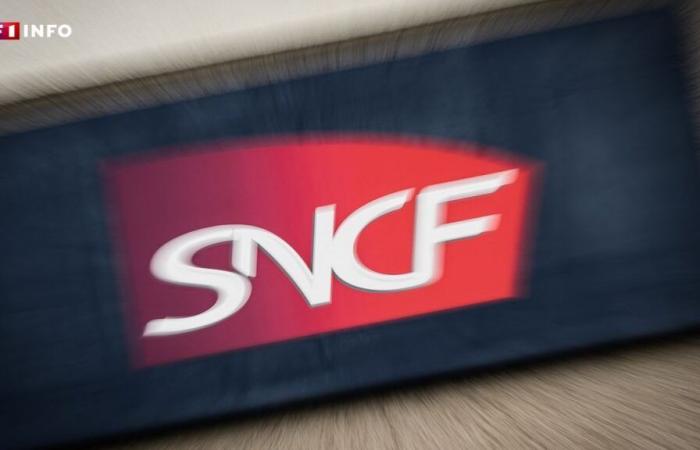All SNCF unions have called for a 24-hour strike on Thursday, November 21.
At the heart of the anger: the dismantling of freight and the opening to competition.
An “ultimatum” before a “longer and stronger strike movement in December” if the demands are not heard, the unions warned.
Follow the full coverage
Strikes, social plans, austerity… An autumn under high tension
Officially, it is the opening to competition of rail freight and TER in the region which is angering railway workers. These are, in any case, the reasons given by the SNCF unions for their strike planned for Thursday November 21. According to the organizations, these measures will lead to job cuts. Thierry Nier, general secretary of the CGT railway workers, denounces the loss of “500 SNCF freight jobs” et “the establishment of subsidiaries within the framework of calls for tenders at the TER which would concern a transfer of 4,500 railway workers”. No layoffs therefore, but reclassifications.
Unions also, and above all, have their sights set on annual salary negotiations. The day before the strike, Wednesday, a meeting must take place with management. It has already announced that next year's increases will be lower than in recent years. On average, railway workers saw their remuneration increase by 17% between 2022 and 2024 when inflation reached 13%.
Put pressure on management
But the unions highlight the record profits of the TGV, the color of which they do not see. The state uses this money to finance the maintenance of the network. “The question of the profits made by the company, in fact, must go to the employees. The billions which go into this must go to the railway workers in terms of general salary increases”, believes Thierry Ner.
-
Read also
Line pilots, civil servants, SNCF… Why so many strikes at the end of the year?
The negotiations therefore promise to be tense, the unions want to put pressure on management before the total opening to competition. They fear a drop in SNCF revenues in the future. This has already been seen abroad, assures Maria Lee, consultant specializing in transport at the firm “Sia Partners”. “In Germany and the United Kingdom, the opening to competition has reduced the market share of the historic operator such as SNCF. So SNCF employees today, their demands can be stronger than before.”
After Thursday's strike, the unions have already filed unlimited notice from December 11. To avoid this movement just before the Christmas holidays, the unions are demanding “stopping the SNCF Freight discontinuity process”the stop “of the TER, Transilien and Intercités subsidiary process” and one “multi-annual programming law for the modernization of the rail system”.






